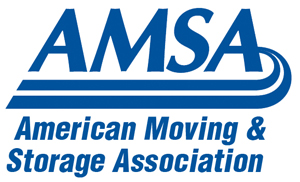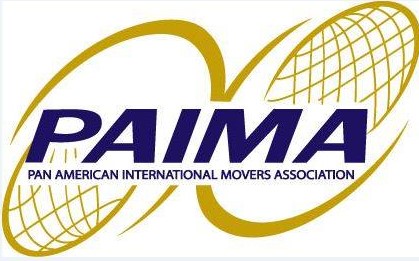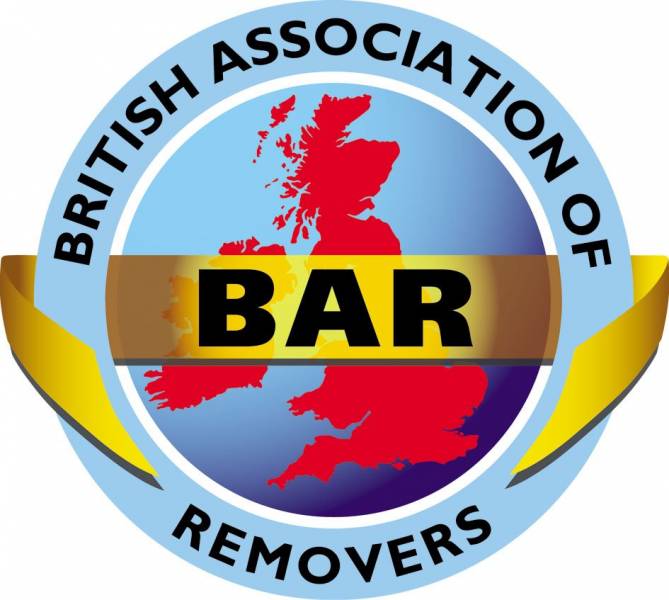Relocating to a new country can be a walk in the park if you know the right people to deal with. Choosing an international moving company must be taken seriously because a wrong choice can spell disaster. You do not want to start your exciting expat life with stress and unnecessary costs.
Selecting a moving company
The first step in choosing a moving company, especially when it comes to shipping your valuable possessions, is to check its credentials.
Companies affiliated with organisations often have reliable track records and may be covered by an approved advanced guarantee scheme. Do a bit of research into whether the company has attained accreditation that ensures a high level of service.
Here’s a list of trusted international movers associations and the regions they cover:
|
|
Global |
|
|
|
Federation International des Demenageurs Internationaux (FIDI) |
Global |
|
|
USA |
|
|
|
North and South America |
|
|
|
UK |
Companies don’t usually do the two legs of the move as they seldom have their own trucks in one of the countries of the move. You need to check that the company at the destination is a trusted company that manages their own fleet of trucks and is a member of an organisation. You may also check feedback from customers, which is available online at review sites, or even in expat groups and forums.
Service checklist
Check the services provided by the moving company
Some international movers offer one-stop-shop solutions – from the packing process to settling in your new home abroad. Others may only provide the essential services.
It is advisable to secure a complete menu of services that include packing, loading, unloading and unpacking. These may seem like simple tasks for experts, but can be overwhelming for most. The extra costs are actually preferable as some items might not be covered by the insurance if not packed by the moving company; this is something that you need to check directly with your mover.
Be aware of special requirements for destinations
Some destinations have more stringent rules than others as far as relocating belongings are concerned. Some countries ban or require additional documentation from expats bringing in certain items into their territories. Dubai, for example, prohibits objects that do not adhere to its religious and moral values.
For every country, there are some requirements for certain types of goods. The moving company you select should provide you the required documents as well as the customs prescriptions. Those documents are also available per country from FIDI (Federation International des Demenageurs Internationaux). Your international mover will be able to help you fill out the necessary documents.
Knowing these requirements and doing the legwork will take time, effort and money. This is where the experts come in. International moving companies can provide helpful information on the guidelines, procedures and the do’s and don’ts when it comes to relocation.
Get insurance
A moving insurance policy should not be regarded as an optional add-on. This insurance protects possessions from damage or loss, catastrophic events and other unfortunate circumstances.
Ask any international moving company about available insurance options or browse the internet for insurance providers. Most insurance policies provide cover for the country of origin to your new home abroad. The insurance might be a bit pricey at first but you can always check with your mover if there is any discount he can get you, or maybe ask for a breakdown of the costs.
Costs of moving
The other factors that may increase the relocation costs are temporary storage in the event of a delay, delivery from the port to your new home, taxes and duties, and any other customs charges.
Glossary of moving terms
Finally, familiarise yourself with the most common shipping jargon as these terms may come handy as you plan your move abroad:
-
Bill of Lading (B/L) – this serves as the receipt of a shipment of goods delivered to a predetermined destination. This is also a proof of ownership of the cargo and provides the terms and conditions of the contract of carriage.
-
Brokerage Fee – the fee paid to an agent to facilitate transactions between a buyer and a seller. This is a percentage of the amount received by the ship-owner.
-
C & F/ CFR or Cost and Freight – a method which requires the seller to pay for the loading costs and ocean freight, and to provide the buyer with necessary documents to obtain the cargo from the carrier.
-
ETA – Estimated Time of Arrival of vessel
-
ETD – Estimated Time of Departure of vessel
-
ETR – Estimated Time of Readiness
-
Laycan / LC, or Laydays and Cancelling – the period during which the ship-owner must inform the charterer that the ship has arrived and is ready to load.
-
SATSHEX – Saturdays, Sundays & Holidays Excluded
-
SHINC – Sundays & Holidays Included
-
SHEX – Sundays & Holidays Excluded








